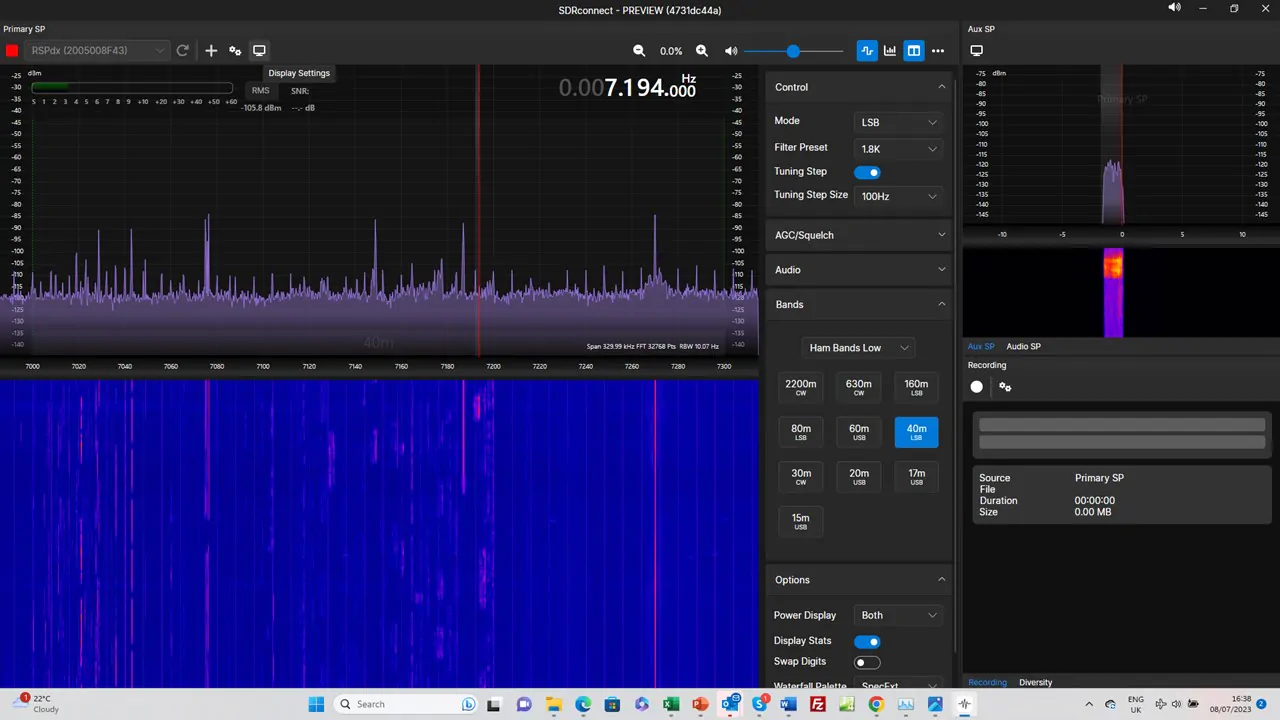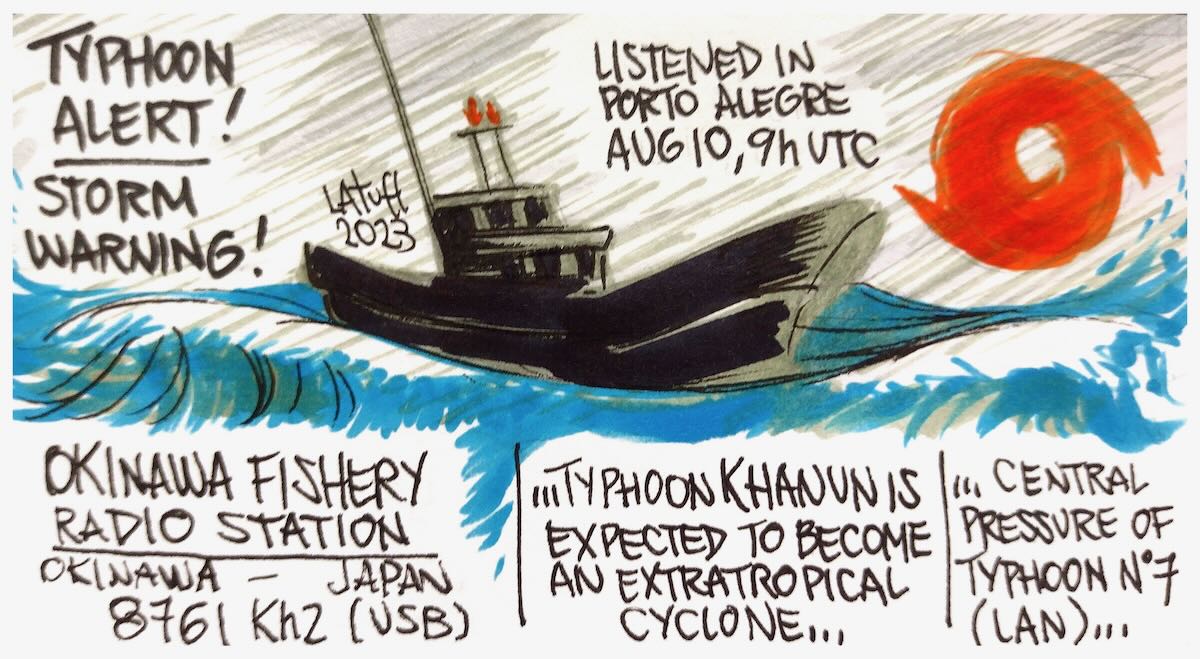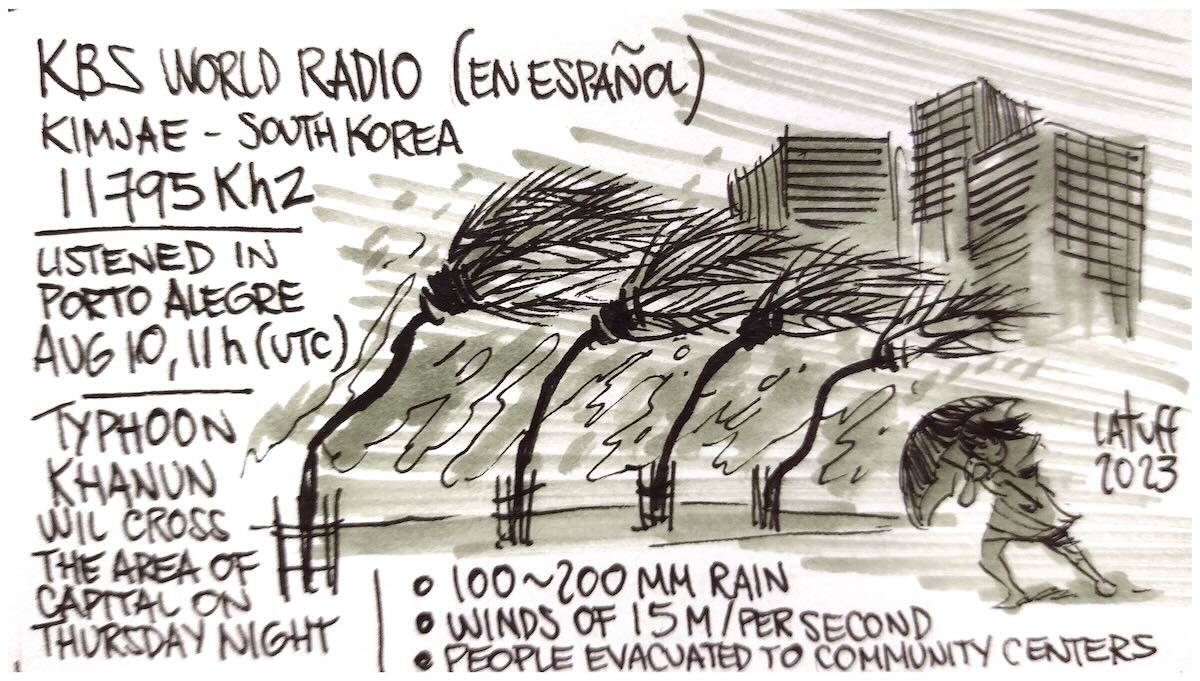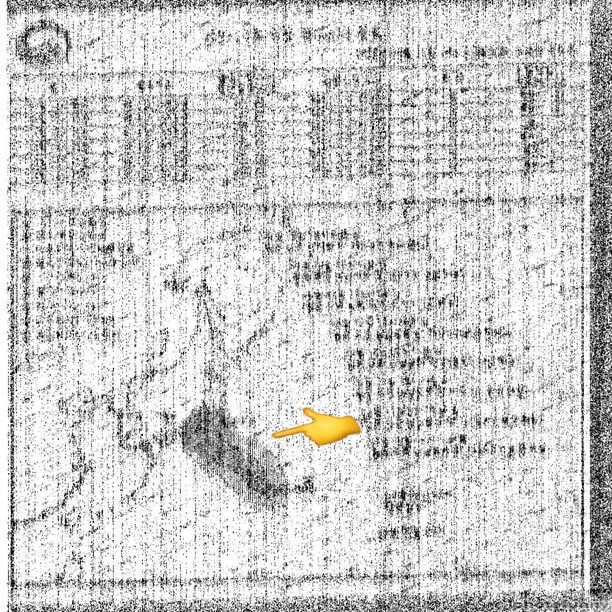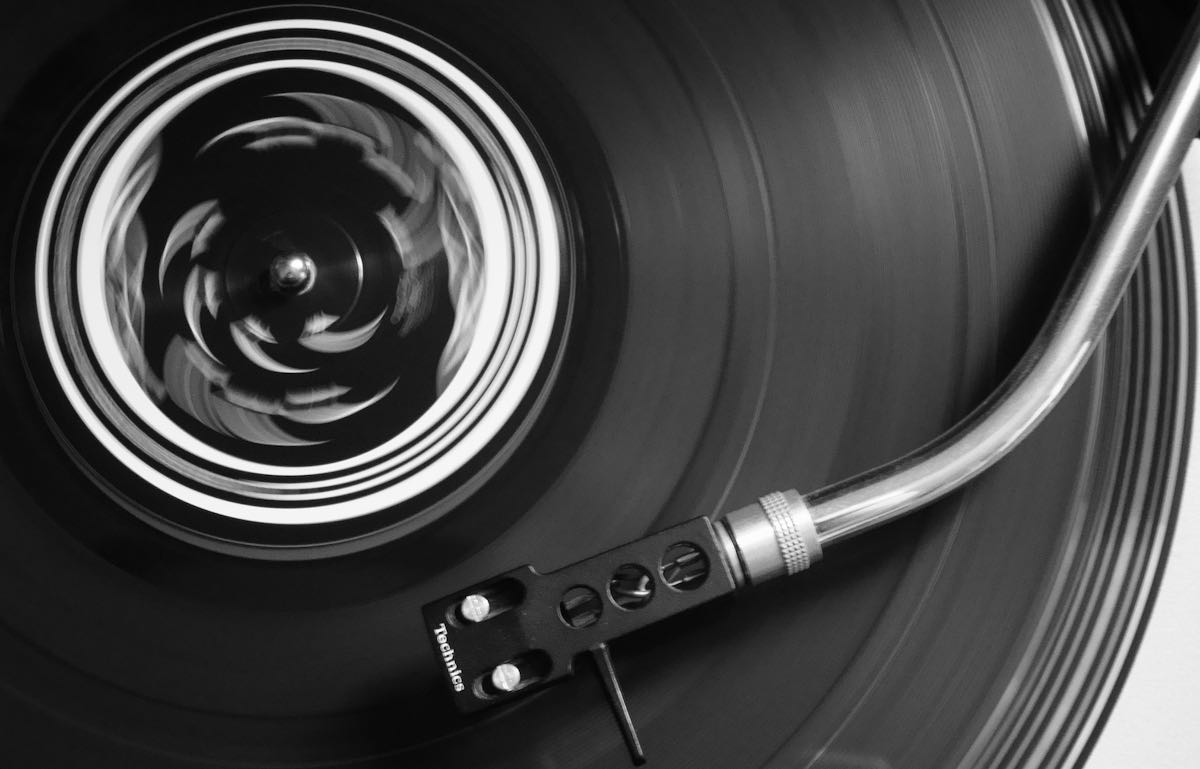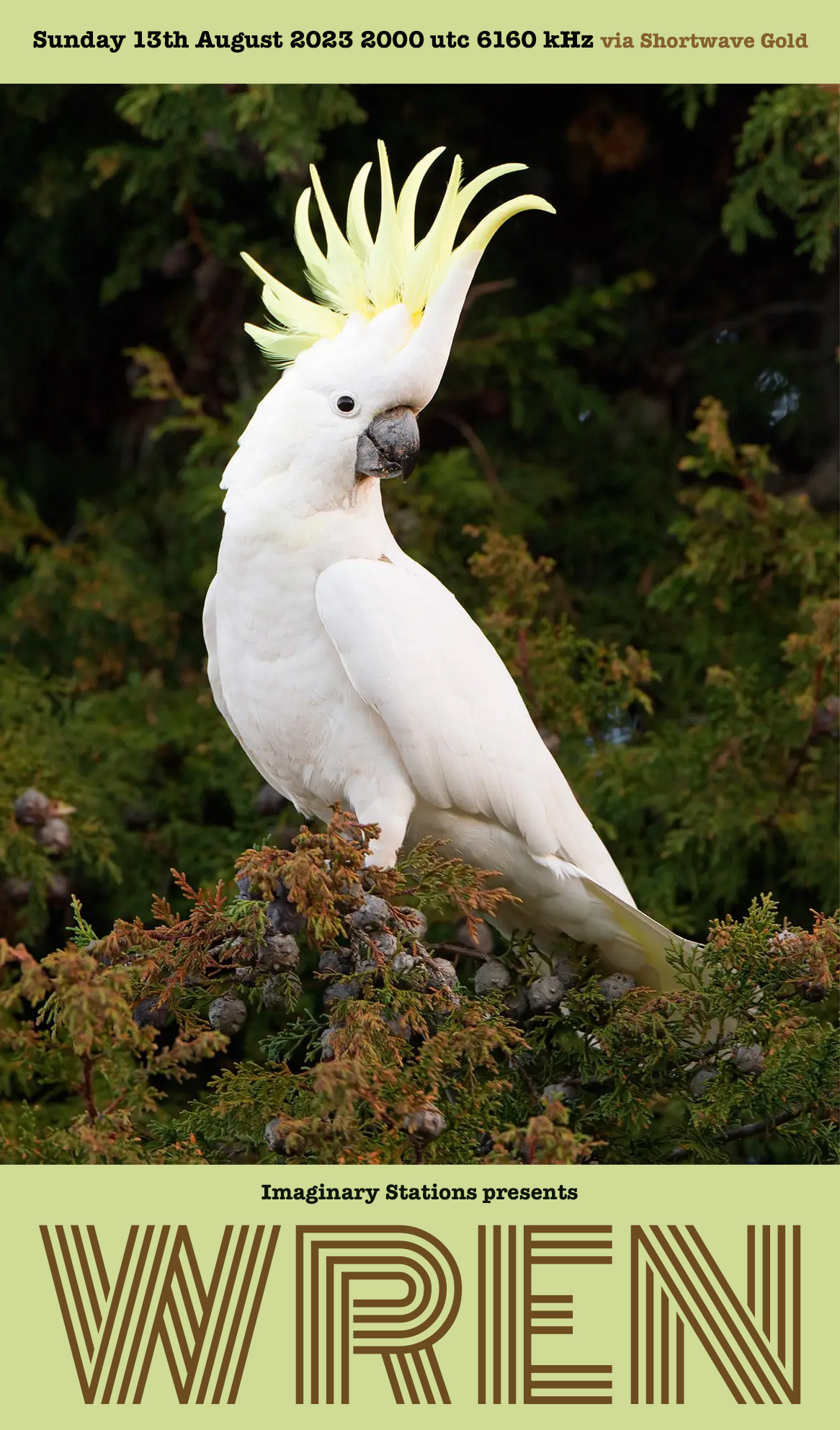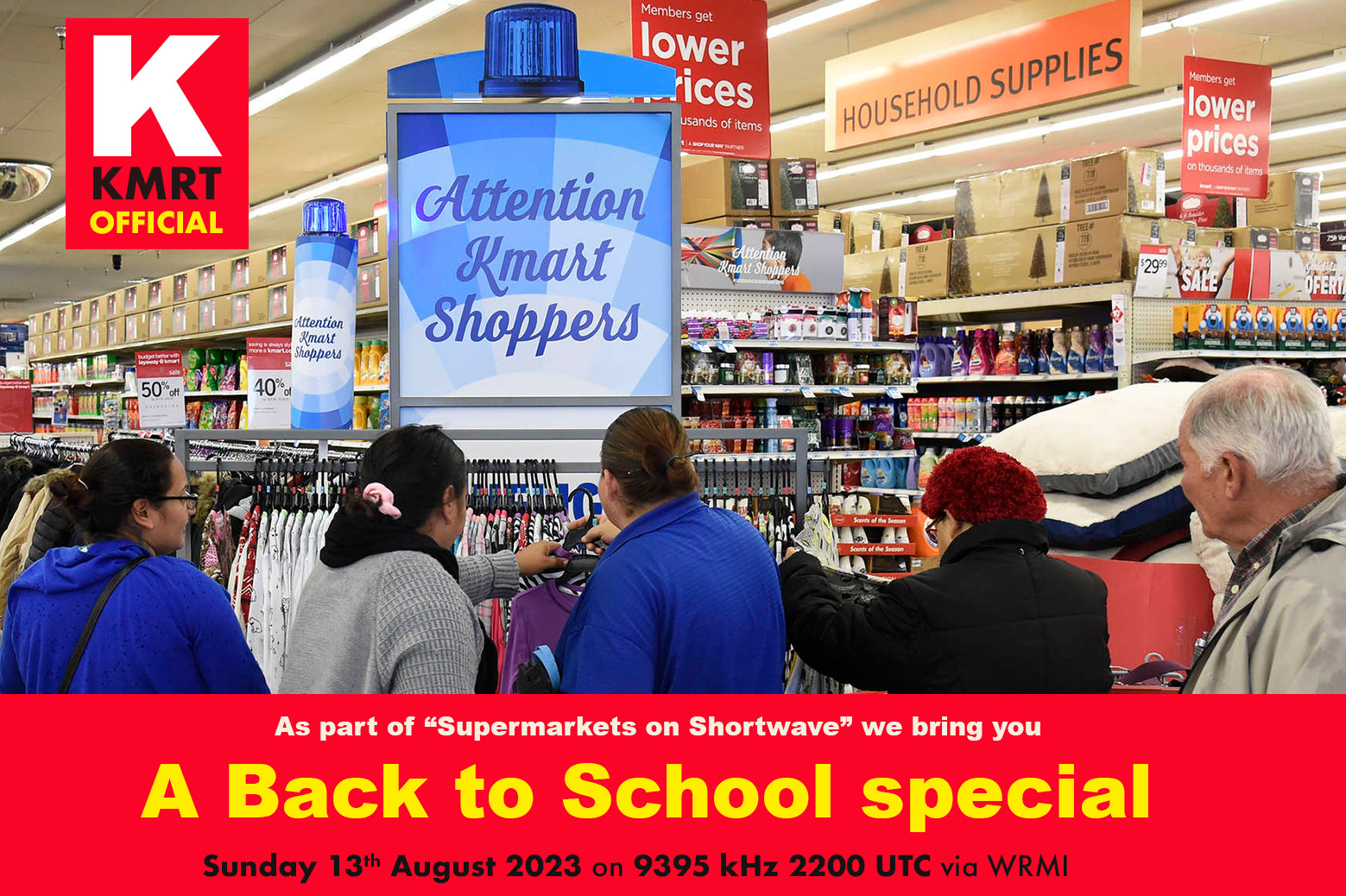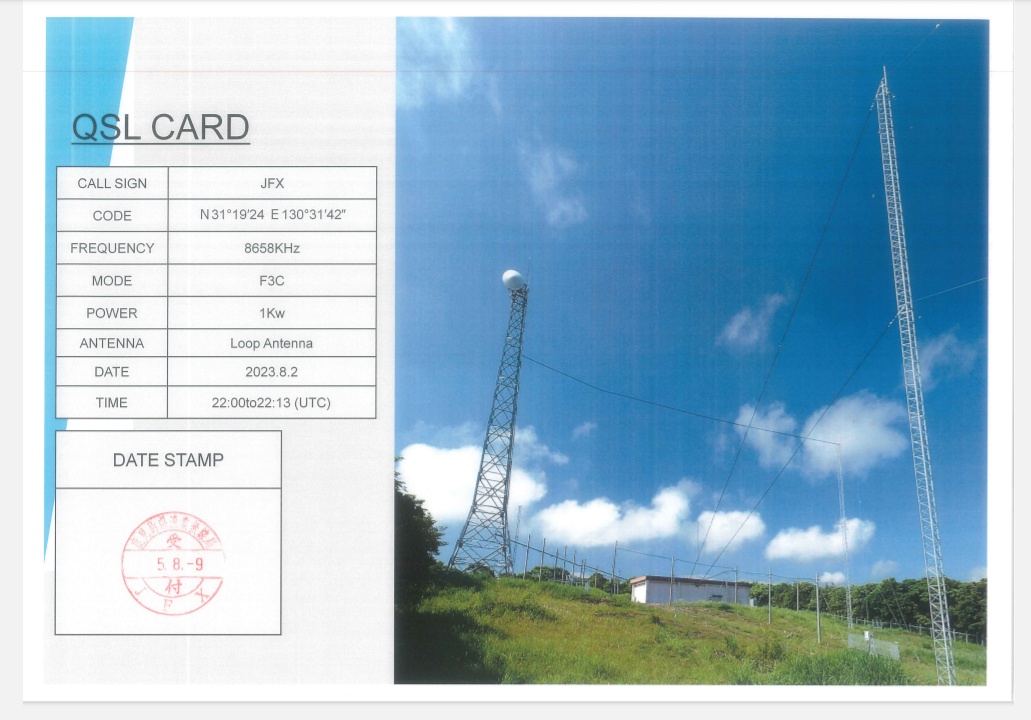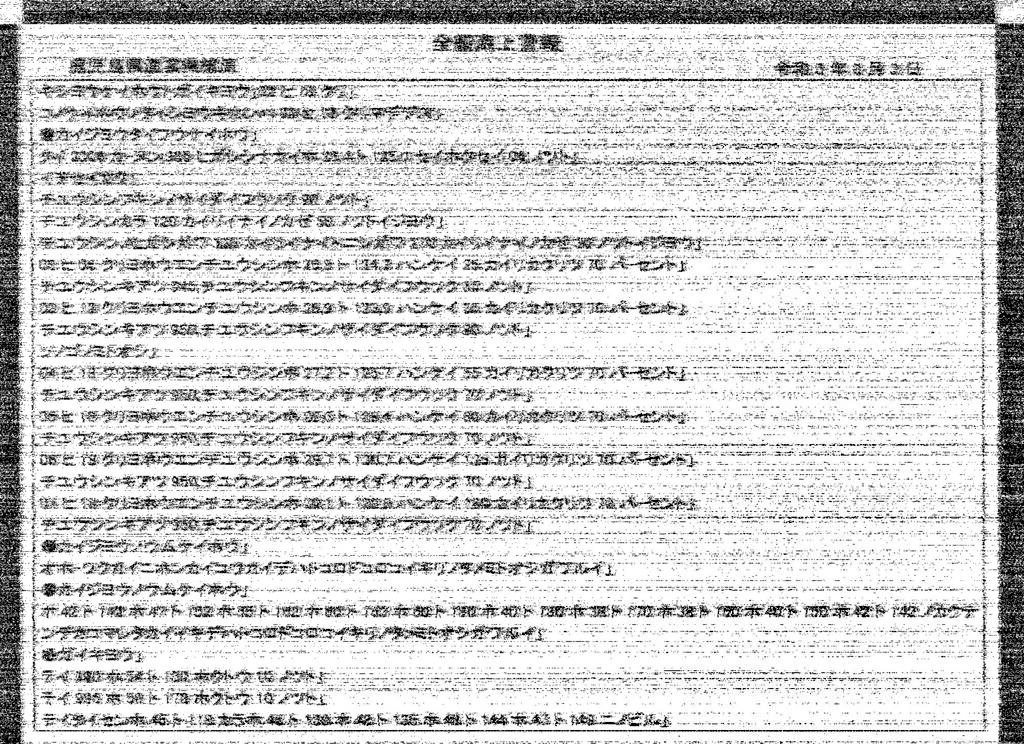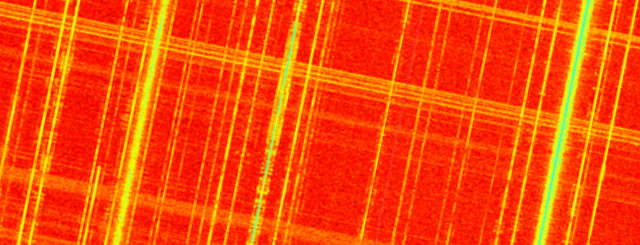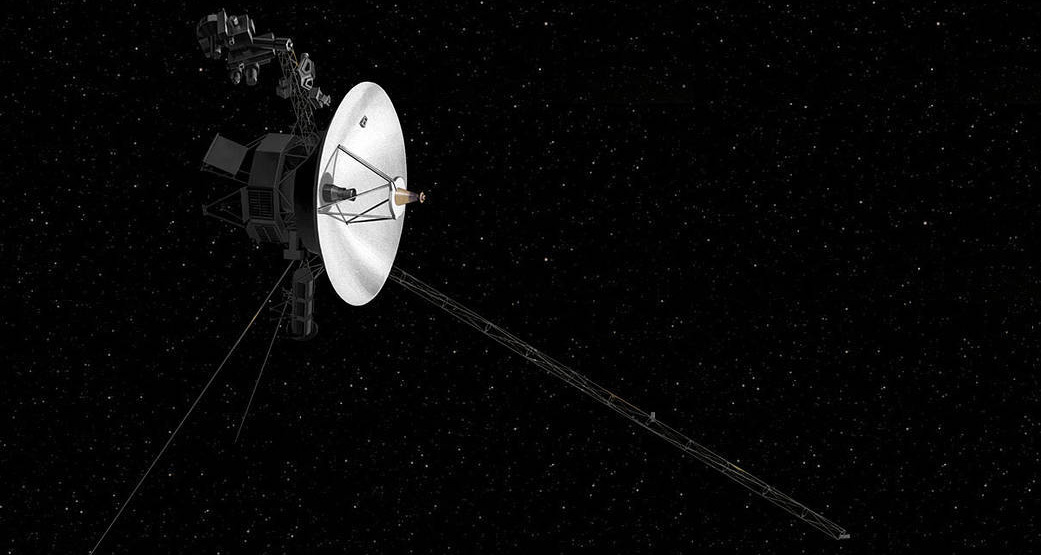
An artist’s concept of NASA’s Voyager spacecraft. Credit: NASA
Radio Waves: Stories Making Waves in the World of Radio
Welcome to the SWLing Post’s Radio Waves, a collection of links to interesting stories making waves in the world of radio. Enjoy!
Many thanks to SWLing Post contributors Paul, John Drake, William Lee, and Dennis Dura for the following tips:
Ham radio operators are sounding the alarm over the latest threat to their beloved hobby—and this time, it is coming from Wall Street.
A group of high-frequency trading firms are asking the Federal Communications Commission to open shortwave frequencies to greater commercial use, so they can use radio to zip financial data around the world in milliseconds.
Prominent members of the amateur-radio community say interference from traders’ broadcasts could ruin their hobby, which often involves tuning in to weak radio signals so they can chat with fellow hams in faraway places. Hundreds of hams have filed letters with the FCC opposing the traders’ proposal, and some have railed against the plan in YouTube videos.
Brock Fansler is among those speaking out. A 40-year-old Los Angeles resident with shoulder-length hair, he likes using his radio to send digital data about weather conditions to other hams.
He complains that the traders are looking to transmit with up to 20,000 watts of power, whereas amateurs are capped at 1,500 watts, and many use off-the-shelf radios with 100 watts.
“They’re asking for an insane amount of power,” Fansler said. “It’s like having neighbors move in with a drum set and guitar. This is going to be blasted all over the planet, with how much wattage they’re going to put behind it.”
The group behind the proposal, called the Shortwave Modernization Coalition, says such fears are overblown. The coalition—whose members include such trading giants as Jump Trading Group, DRW Holdings and Virtu Financial —says it has already been using shortwave for several years and there haven’t been any verified complaints of interference. [Continue reading at the Wall Street Journal, or via this article archive…]
In a dramatic bit of improvisation, NASA’ Jet Propulsion Laboratory (JPL) in Pasadena, California, has managed to reestablish communications with the Voyager 2 spacecraft 12.3 billion miles (19.9 billion km) from Earth after losing contact on July 21.
On August 4, 2023, NASA engineers managed to make contact with the Voyager 2 robotic probe even though previous estimates were that this would not be possible until October 15. Contact was lost on July 21 after a series of commands sent included an error that caused the spacecraft’s antenna to point about two degrees away from Earth – a small shift that still managed to prevent the craft from maintaining radio contact.
[…]Since Voyager 2’s 20-W radio signal from the edge of the solar system is 1,000 times weaker than that of a conventional FM transmitter and can still be picked up by the DSN while off beam, the engineers reasoned that it might be possible to send a much more powerful signal from the DSN that Voyager could not ignore.
This “interstellar shout” was easy enough to set up, but putting it into practice took some patience because a one-way radio signal to Voyager 2 takes 18.5 hours to reach its destination and another 18.5 hours for a reply. That is a very nerve-wracking 37 hours.
Fortunately, on August 2, 2023 at 12:29 am EDT, Voyager 2 began returning science and telemetry data. [Continue reading…]
In addition, click here to read NASA’s updates directly.
Communications Minister Michelle Rowland acknowledged the commercial radio industry’s upcoming 100th birthday with a speech at Parliament House recalling the launch of 2WS in Seven Hills and the continued advocacy and up to date information that radio provides its communities.
Rowland spoke of her childhood growing up in Western Sydney saying:
“I’ll never forget the day that 2WS officially launched in Leabons Lane in Seven Hills. It was the first time that we felt recognised as a community by the media. Here were local voices telling the stories that mattered to us. We were being given at a platform at a time when Western Sydney stories weren’t always reflected in the news of the day coming from the CBD.
And now look how far our humble 2WS has come!”
Read more at: https://radioinfo.com.au/news/communications-minister-michelle-rowland-celebrates-100-years-of-commercial-radio/ © RadioInfo Australia
RED DEER COUNTY — The world became a little smaller late last month as the Central Alberta Amateur Radio Club (CAARC) held its annual Field Day at the Hillcrest Community Hall, at the corner of Township Road 342 and Range Road 22.
From June 24 at noon to June 25 at noon, members of the club competed to make as many contacts as they could on a wide variety of radio frequencies.
The goal was to do so without using regular power – utilizing portable generators or solar power instead.
When the Albertan was there, contacts had been made as far east as Finland and as far south as Arizona.
A forest of antennas of differing sizes and heights was set up and club members did their communicating in a nearby shelter.
The idea of the challenge, held worldwide, was to prove the operators’ ability to communicate to others without relying on traditional power in case of an emergency. [Continue reading…]
Do you enjoy the SWLing Post?
Please consider supporting us via Patreon or our Coffee Fund!
Your support makes articles like this one possible. Thank you!


